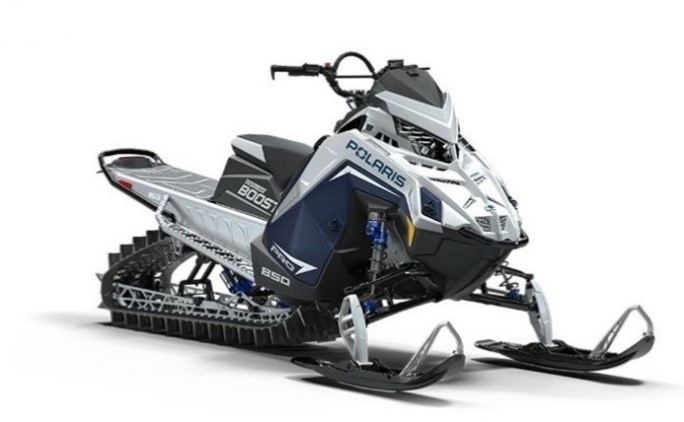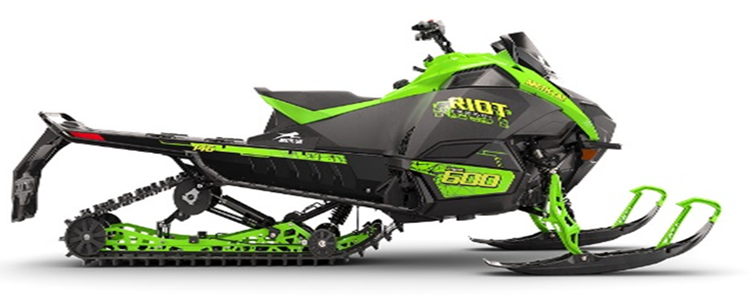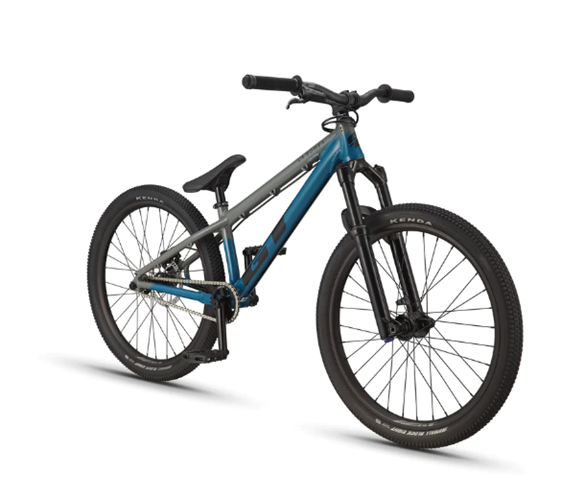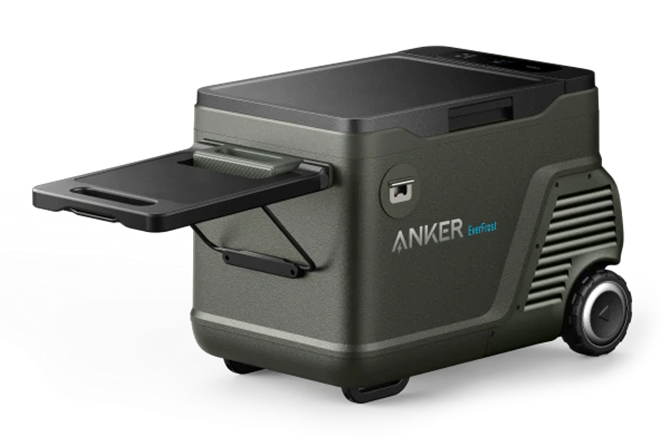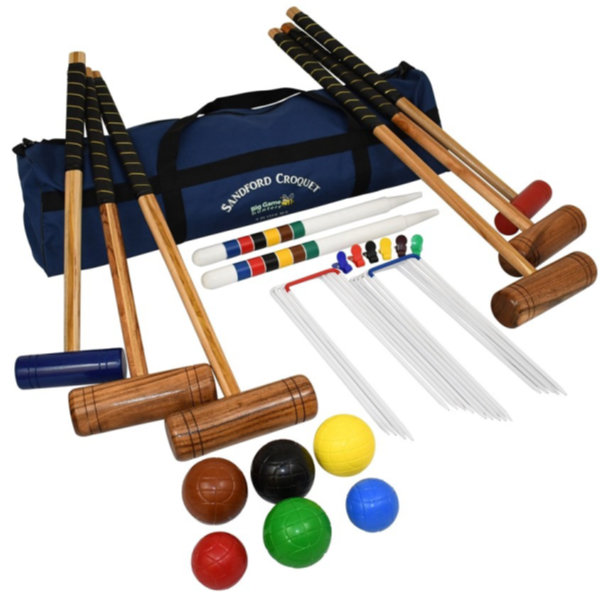The Commission alleges that the unguarded, rotating metal pitching arm can go off suddenly, without warning, and strike persons standing in the path of the arm. The Commission alleges that this has happened in numerous incidents even though the machines were unplugged or turned off.
Approximately 7,500
For further information, consumers may call CPSC's toll-free Hotline at 800-638-CPSC.
Detalles del retiro
WASHINGTON, DC (April 14) -- The Consumer Product Safety Commission (CPSC) today warned the public not to use certain unguarded automatic baseball pitching machines which it considers extremely hazardous.
The Commission advises anyone having possession of such unguarded machines to place these machines in a locked storage area where unwary persons will not have access to them.
The machines, which were sold to schools, recreational organizations and individuals, may be labeled "Dudley" or "Commercial Mechanisms."
In a lawsuit filed in U.S. District Court, the Commission alleges that the unguarded, rotating metal pitching arm can go off suddenly, without warning, and strike persons standing in the path of the arm. The Commission alleges that this has happened in numerous incidents even though the machines were unplugged or turned off.
Everyone should be careful of pitched balls. However, the hazard addressed in this action relates to the unguarded arm.
The Commission has received numerous reports of serious injuries — including paralysis, skull fractures, brain damage, loss of sight, and other severe injuries such as broken bones — suffered by persons hit by the pitching arm. In one reported incident, a nine-year-old boy was left a permanent paraplegic as a result of being hit in the head by the pitching machine. According to reports received by the Commission: baseball coaches, high school students, "Little League" instructors, and even small children who have come up to the machine just to look at it, have been seriously injured.
These reported injuries have occurred on school grounds, in city parks, and at private homes.
Reportedly, about 7,500 of the baseball pitching machines were manufactured between 1956 and 1975 and distributed nationwide. The majority of the owners appear to be institutions such as schools and "Little League" teams, but some machines are privately-owned. The machines were sold under various brand names including: "Olympia, " "Olympic," "Champ," "Blazer," "Super Blazer," "Pro-Blazer," "Range Blazer, " "Range, " "Master," "Mentor," "Pro-Trainer," and "Professional."
The pitching machines are operated by electricity or gasoline engine. Even when the machine is turned off or unplugged, however, if the pitching arm is cocked in approximately the "10 o'clock position," the machine can fire if jarred or subjected to vibration. Consequently, the Commission warns that the machines should be locked up to prevent accidents and should never be left in areas where children can reach them. Before locking up the machine, CPSC advises that the pitching arm cable be disconnected carefully from the coil spring.
The Commission has filed a lawsuit in the U.S. District Court for the District of Columbia seeking to compel the manufacturer and distributors of the machines to provide a guard for the pitching arm at no cost to the purchaser. Without such a guard, the Commission warns, the machines are dangerous and may cause severe injury. The Commission urges people not to use these machines.
The Commission warns that the machines should be locked up to prevent accidents and should never be left in areas where children can reach them. Before locking up the machine, CPSC advises that the pitching arm cable be disconnected carefully from the coil spring.
The Commission has filed a lawsuit in the U.S. District Court for the District of Columbia seeking to compel the manufacturer and distributors of the machines to provide a guard for the pitching arm at no cost to the purchaser. Without such a guard, the Commission warns, the machines are dangerous and may cause severe injury.
The Commission has received numerous reports of serious injuries — including paralysis, skull fractures, brain damage, loss of sight, and other severe injuries such as broken bones — suffered by persons hit by the pitching arm. In one reported incident, a nine-year-old boy was left a permanent paraplegic as a result of being hit in the head by the pitching machine.
Nota: Puede haber declaraciones individuales de los comisionados sobre este tema. Para buscar las declaraciones (en inglés) sobre este u otros temas visite www.cpsc.gov/commissioners.
La Comisión de Seguridad de Productos del Consumidor de EE.UU. (U.S. Consumer Product Safety Commission, CPSC) se encarga de proteger al público contra riesgos irrazonables de lesión o muerte asociados al uso de miles de tipos de productos del consumidor. Muertes, lesiones y daños a la propiedad debido a incidentes con productos del consumidor le cuestan al país más de $1 billón de dólares al año. La labor de la CPSC ha contribuido a una disminución en el índice de lesiones asociadas a los productos del consumidor en los últimos 50 años.
La ley federal prohíbe a cualquier persona vender productos sujetos a un retiro del mercado ordenado por la Comisión o a un retiro del mercado llevado a cabo en consulta con la CPSC.
- Visite www.SeguridadConsumidor.gov.
- Reciba alertas electrónicas.
- Síganos en Facebook, en Twitter e Instagram.
- Llame a la línea de información al 800-638-2772 (teletipo 301-595-7054).
- Reporte productos inseguro o lesiones por productos por teléfono o en www.SaferProducts.gov.
- Contacto para los medios de comunicación.

